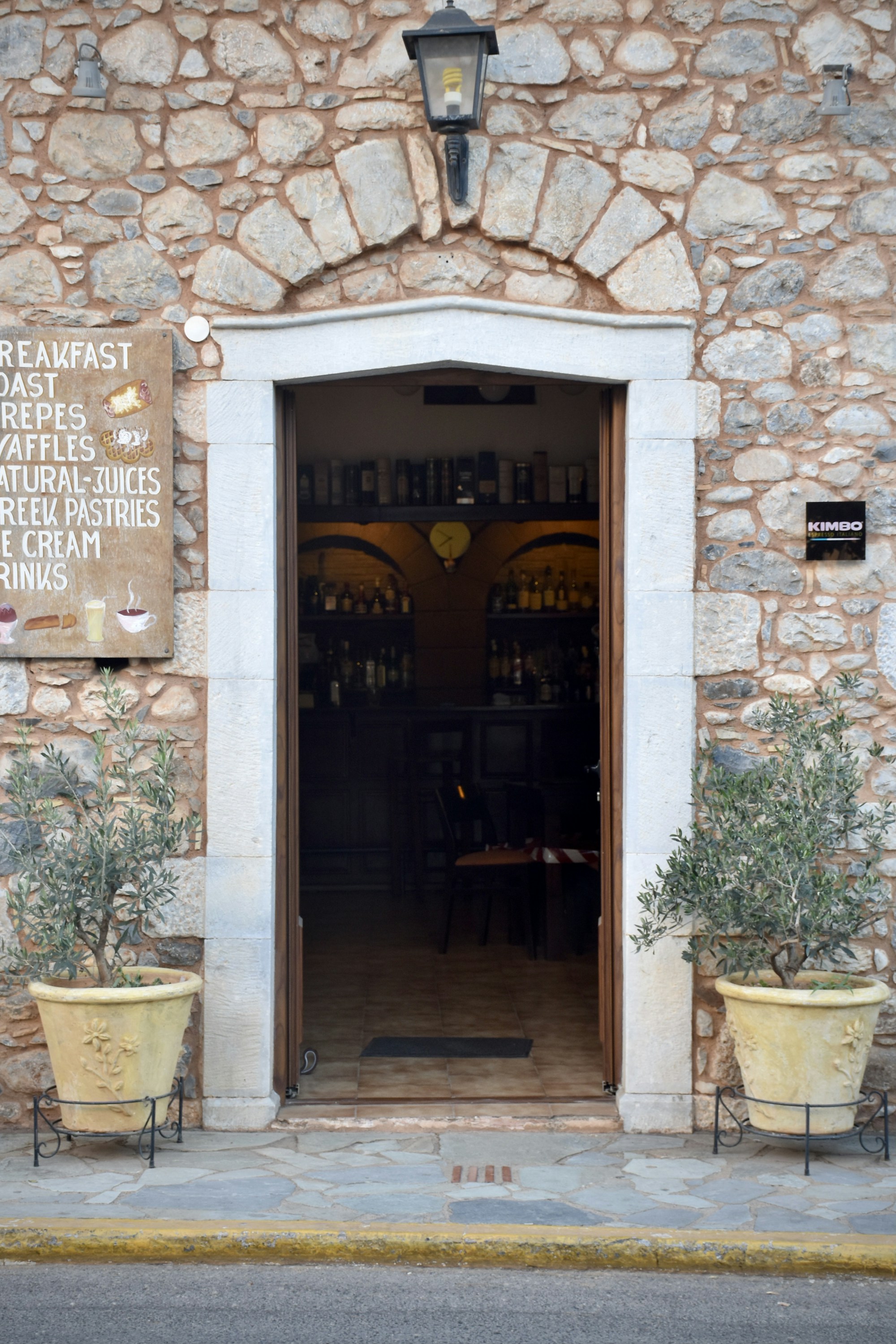Exploring Kardamyli: History, Customs, Festivals, and Traditions
Discover Kardamyli: Dive into its rich history, vibrant customs, lively festivals, and cherished traditions.

Exploring Kardamyli: History, Customs, Festivals, and Traditions
Kardamyli, located on the Mani Peninsula in the southern Peloponnese region of Greece, is a place of incredible natural beauty, history, and cultural richness. This picturesque village, known for its scenic landscapes, traditional architecture, and warm hospitality, offers a unique travel experience. Here is an in-depth travel guide to help you explore everything that Kardamyli has to offer.
History
The history of Kardamyli dates back to ancient times, with references to the village found in Homer's epic poems. The town played a significant role in Greek history, particularly during the Byzantine, Venetian, and Ottoman periods.
Key historical points of interest:
- Ancient Kardamyli: The ancient remains in Kardamyli date back to the 6th century BC. The ruins include parts of ancient walls and buildings, offering a glimpse into the past.
- Byzantine Sites: The Byzantine-era churches and buildings in Kardamyli, such as the Church of Agios Spyridonas, are well-preserved and showcase the architectural style of the period.
- Venetian Influence: During the Venetian rule (1685-1715), Kardamyli's strategic coastal location made it a fortified settlement, evident from the remaining towers and fortifications.
- War of Independence: Kardamyli played a vital role in the Greek War of Independence. The town was the starting point for many revolutionary activities, including those led by the great Greek general Theodoros Kolokotronis.
Customs and Cultural Practices
Kardamyli is deeply rooted in traditional Greek customs and cultural practices. The locals have maintained their heritage and continue to practice age-old traditions.
Some common customs include:
- Greek Hospitality (Philoxenia): The Greek concept of hospitality, or "philoxenia," is very much alive in Kardamyli. Locals are friendly and welcoming to visitors, often inviting them into their homes or offering small gifts.
- Traditional Greek Cuisine: Kardamyli offers an authentic culinary experience with local dishes such as pastitsio, moussaka, and fresh seafood. Meals are often accompanied by local olives and wine.
- Festive Celebrations: Religious and cultural festivals play a significant role in the lives of Kardamyli residents. These festivals often include music, dance, and traditional food.
Festivals
The festivals of Kardamyli are vibrant and reflect the town's rich cultural heritage. Attending these festivals offers an immersive experience of local traditions and community spirit.
Notable festivals include:
- Easter Celebrations: Easter is the most significant religious holiday in Greece, and the celebrations in Kardamyli are elaborate. The Holy Week processions, the Resurrection night fireworks, and the festive Easter Sunday feast are key highlights.
- Feast of Agios Dimitrios: Celebrated on October 26th, the Feast of Agios Dimitrios, the patron saint of Kardamyli, involves church services, processions, and communal meals.
- Mani Summer Festival: Held in the summer months, this festival includes music concerts, dance performances, and cultural exhibitions, showcasing the artistic talent of the region.
- Harvest Festival: Taking place in September, the Harvest Festival is a celebration of agricultural produce. Visitors can enjoy wine and olive oil tastings, local food, and demonstrations of traditional farming techniques.
Local Anecdotes and Interesting Facts
Delving into local stories and intriguing facts provides a deeper understanding of Kardamyli’s unique charm.
- Patrick Leigh Fermor: The renowned British writer and adventurer Patrick Leigh Fermor made his home in Kardamyli. His house, now a museum, offers insight into his life and literary contributions.
- Hidden Caves: Kardamyli is famous for its hidden caves, such as the Caves of Diros, which were used by local inhabitants as shelters during times of invasion.
- Olive Oil Production: Kardamyli is part of the Mani Peninsula, an area known for producing some of the finest olive oil in Greece. Visitors can tour local olive groves and mills to learn about the production process.
- Traditional Music: The Mani region has its own distinctive musical traditions. The sound of the bouzouki and the lyre, along with traditional Maniot songs, can often be heard during local celebrations.
Tips for Visitors
To make the most of your visit to Kardamyli, consider these tips:
- Best Time to Visit: The ideal time to visit Kardamyli is during the spring and autumn months when the weather is pleasant, and the crowds are fewer. Summer is also a popular time, especially for beach-goers.
- Getting Around: While Kardamyli is a small village that can be easily explored on foot, renting a car is recommended for those wishing to explore the surrounding Mani Peninsula.
- Stay Local: Consider staying in traditional guesthouses or boutique hotels to experience the local hospitality and charm.
- Language: While many locals speak English, learning a few basic Greek phrases can enhance your interaction and show respect for the culture.
